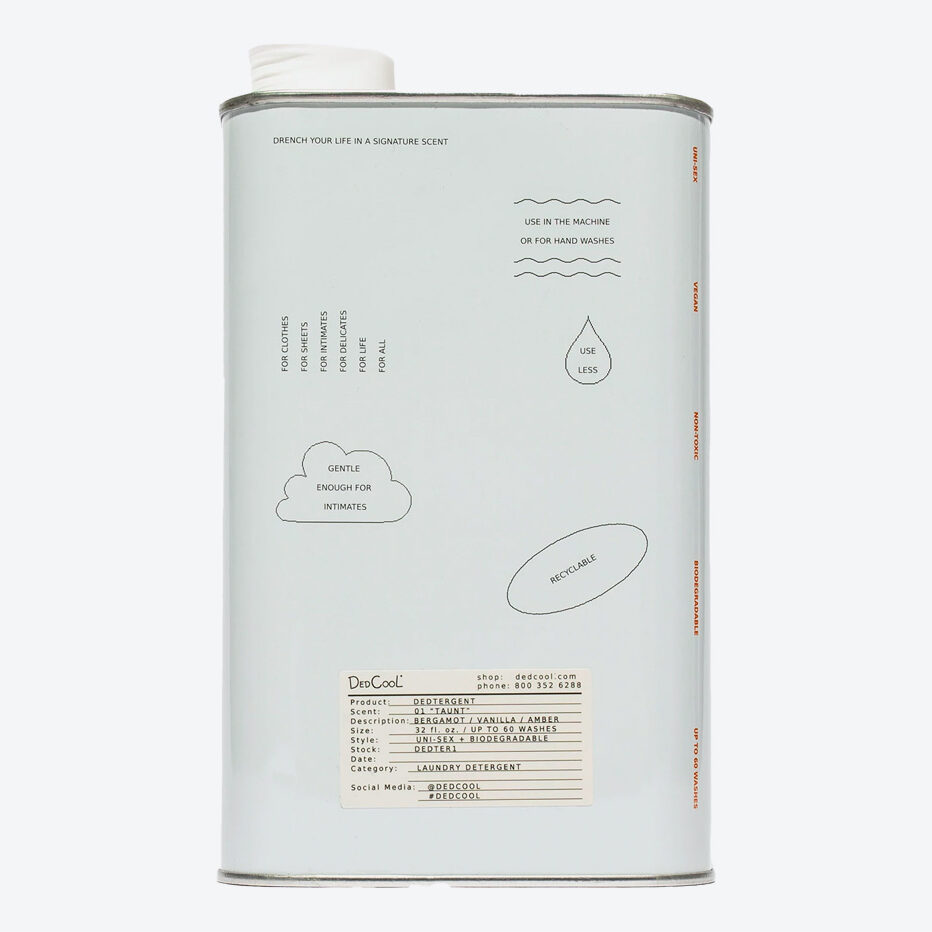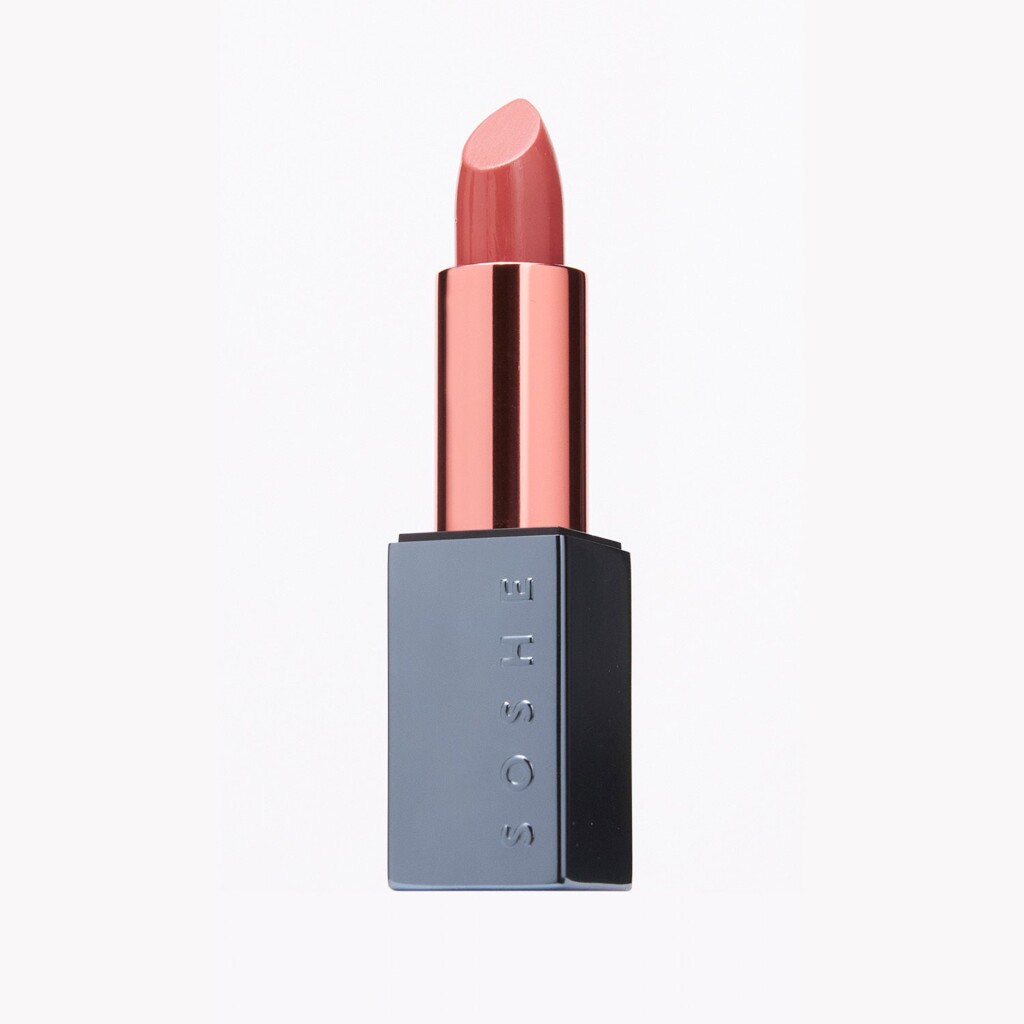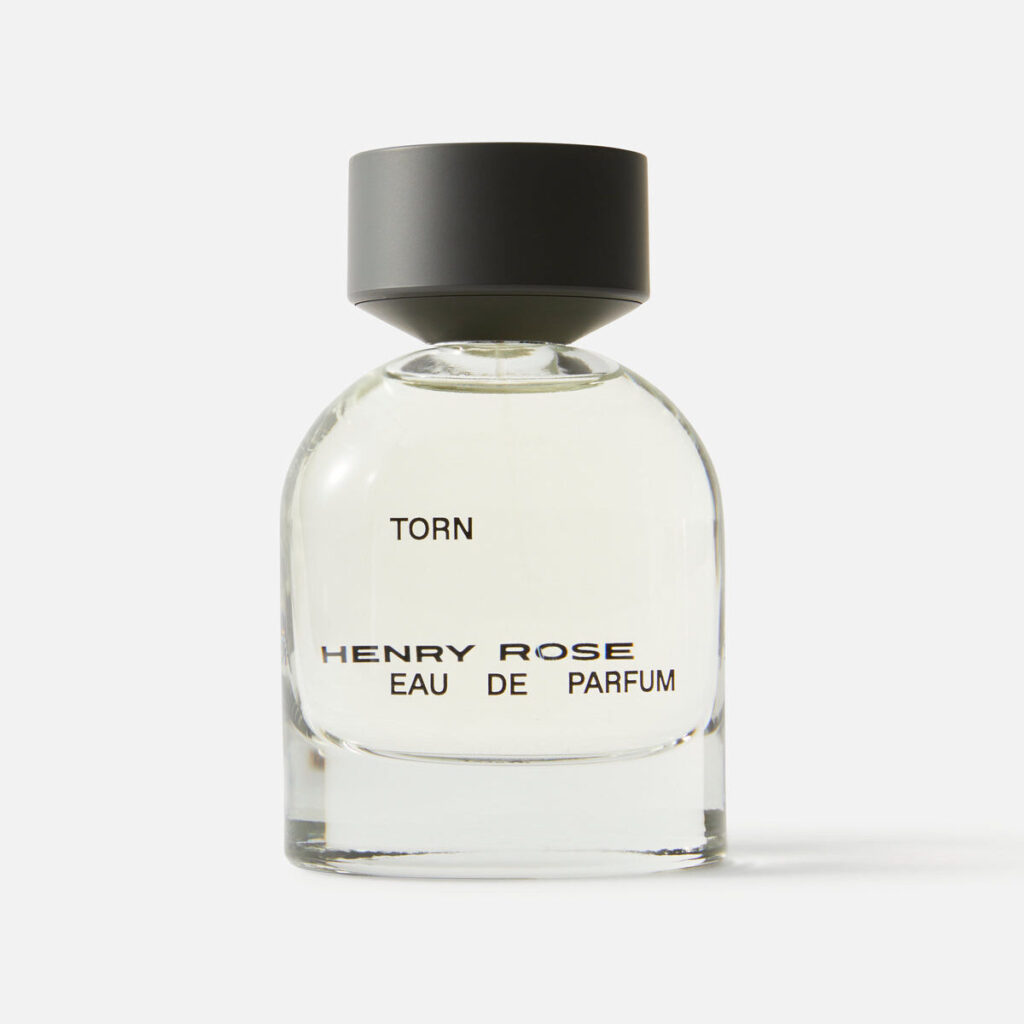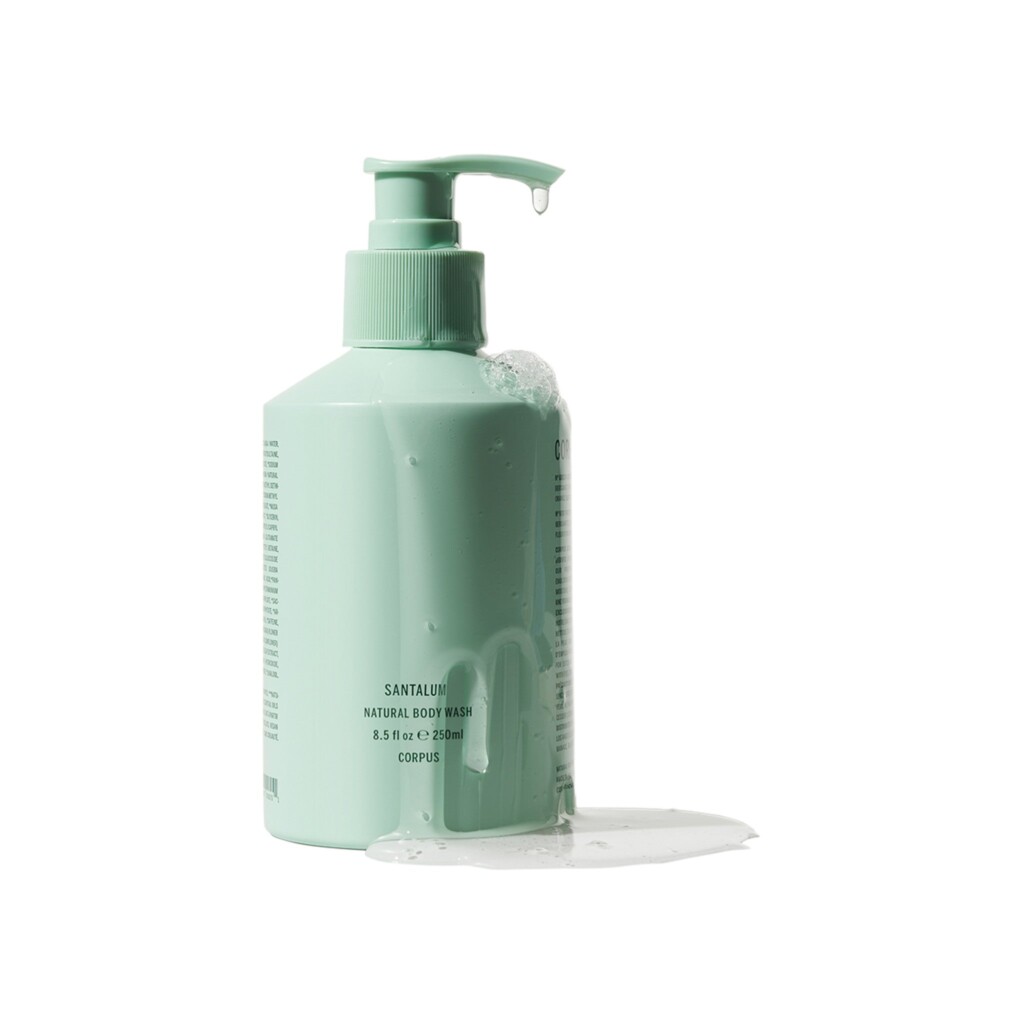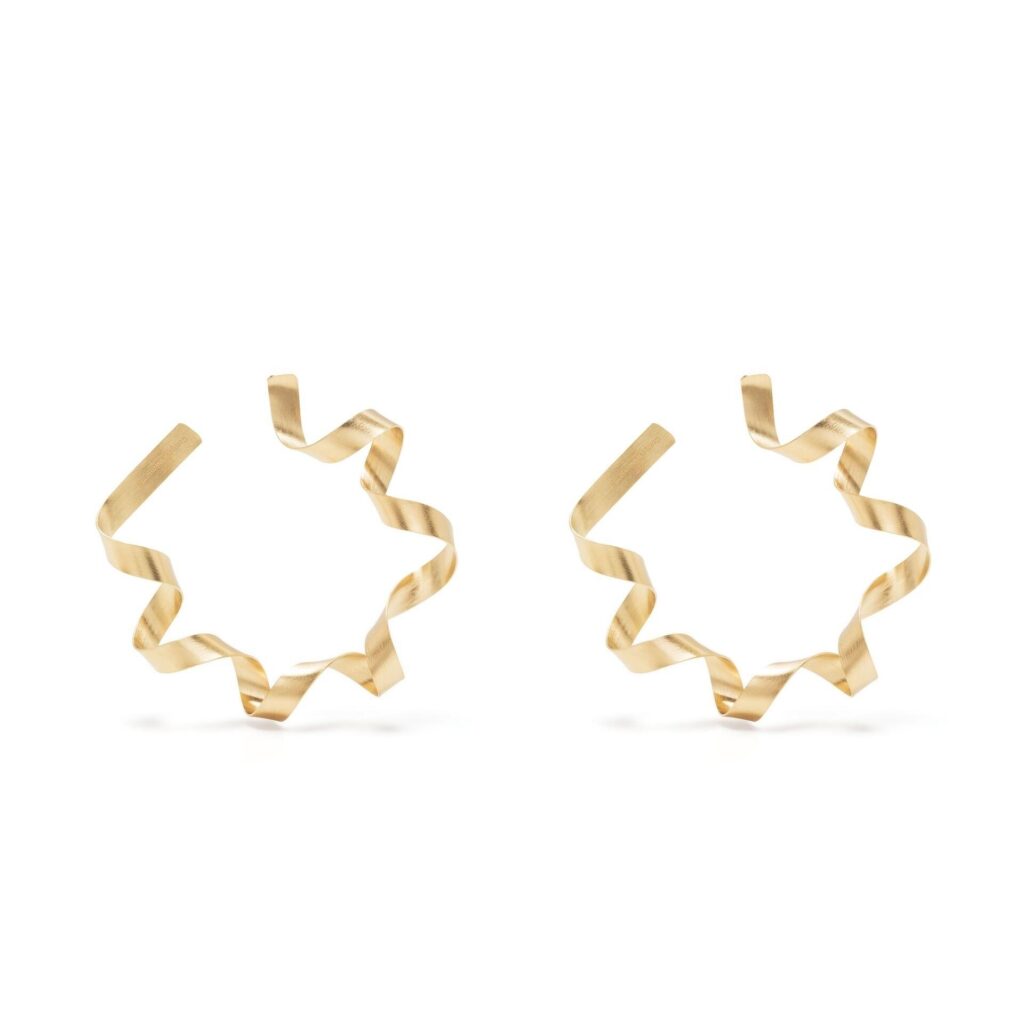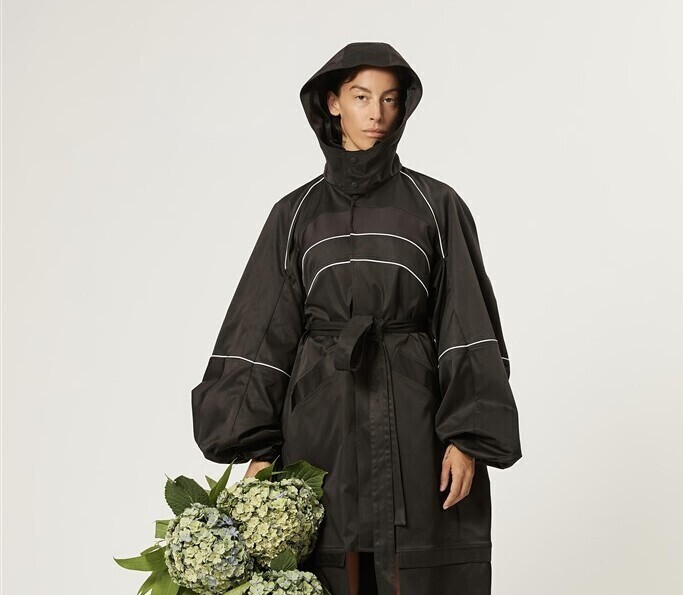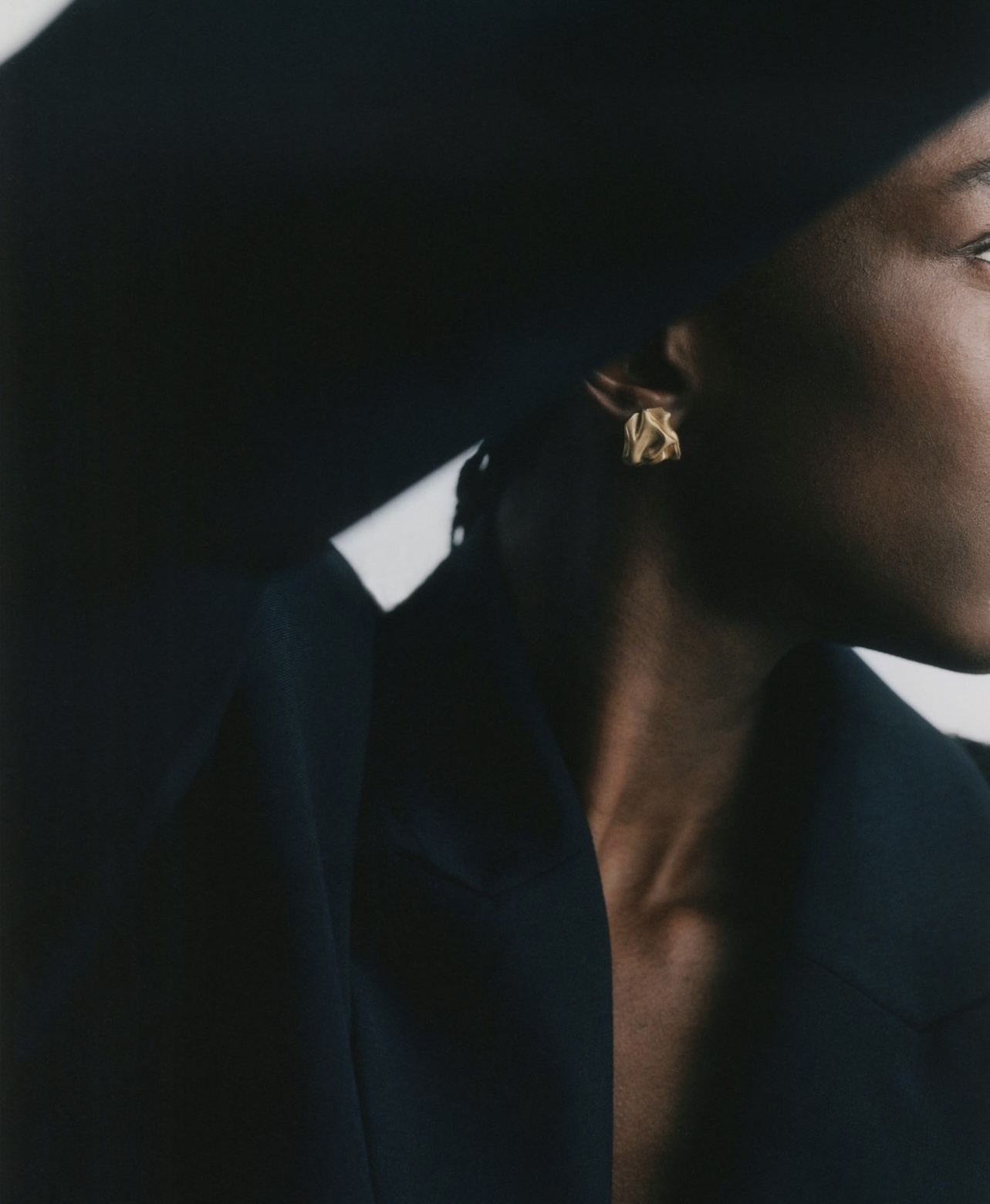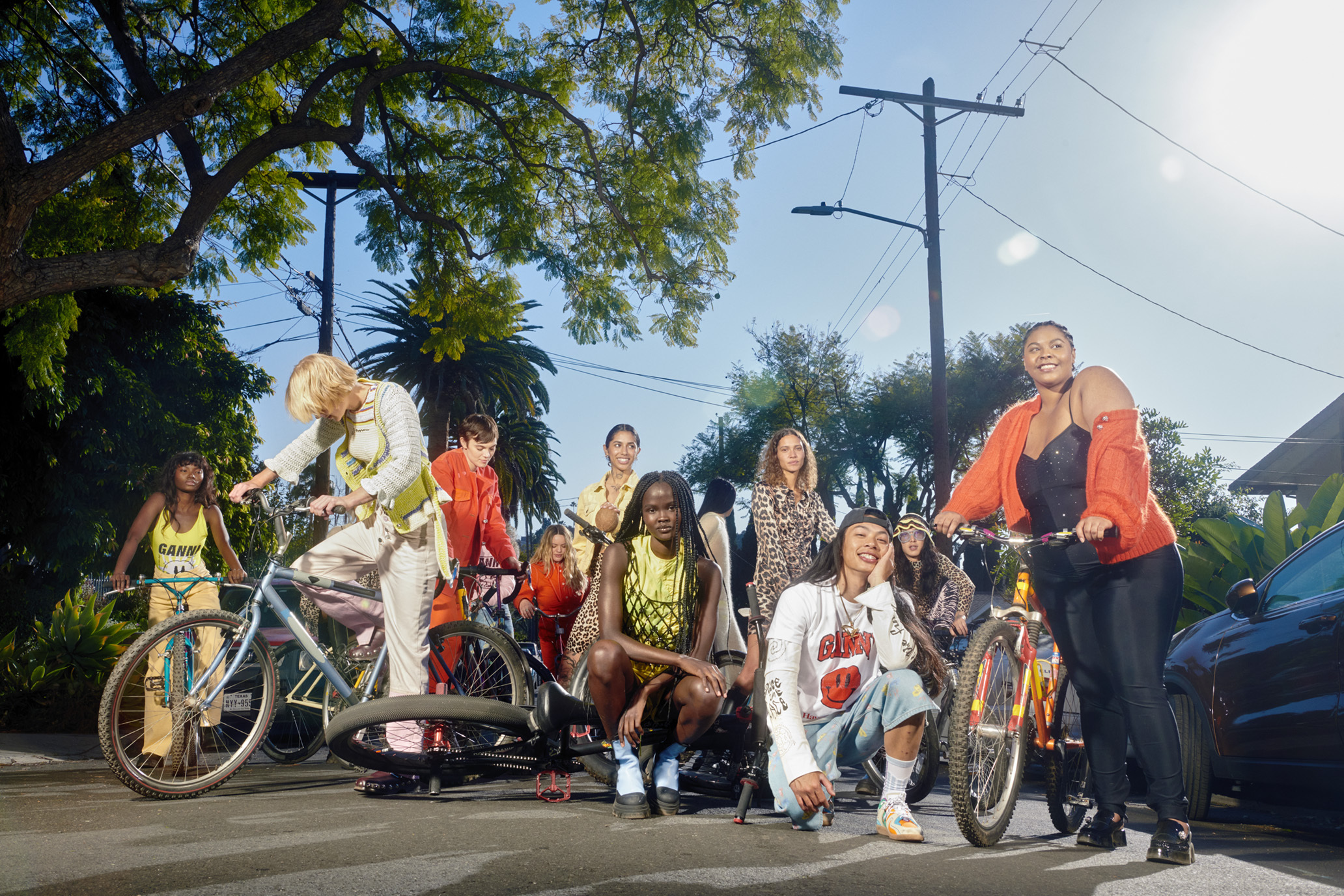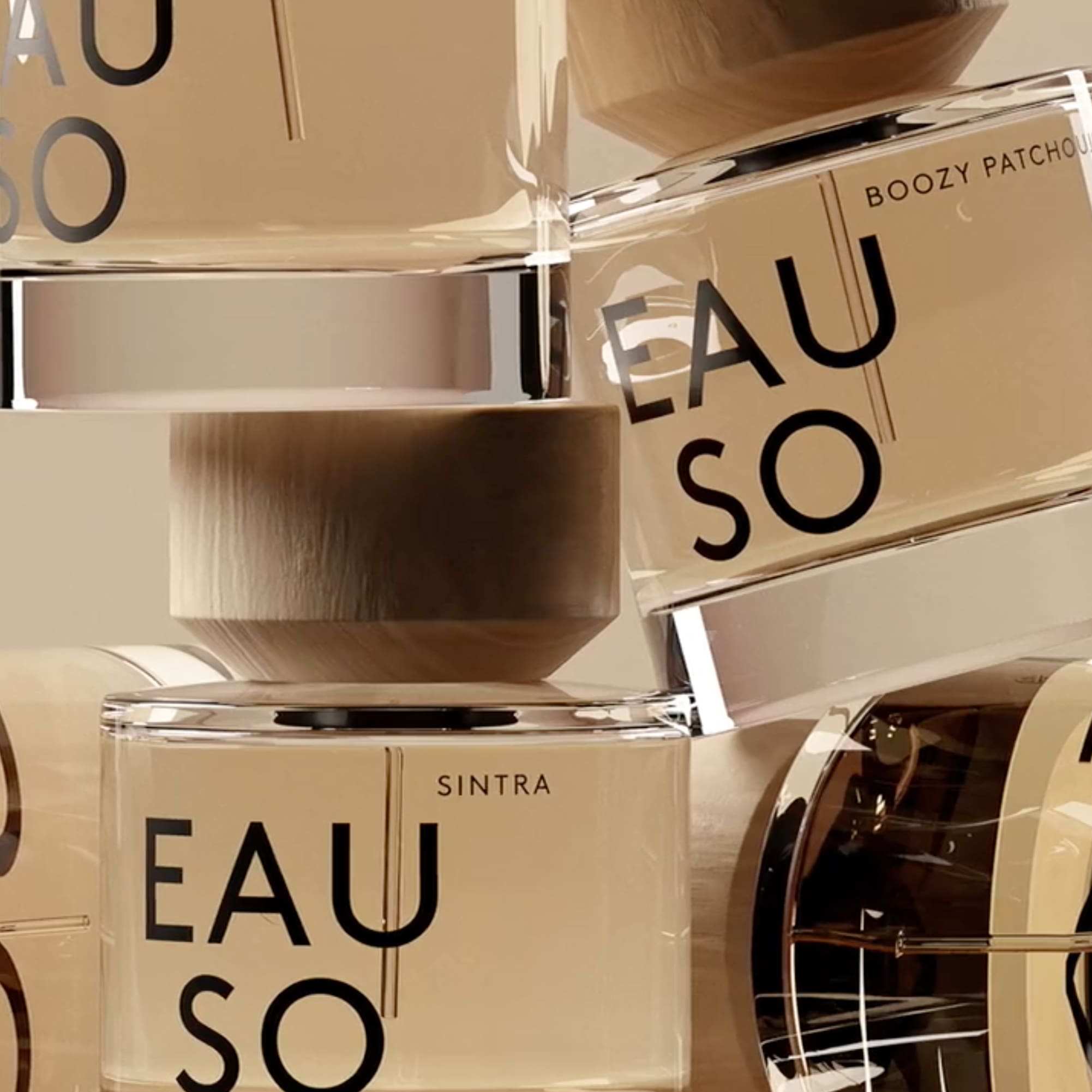the unwash • innovation
2023 marks the tenth anniversary of the LVMH Prize. This coveted achievement will result in mentorship for one of these young designers with LVMH and monetary incentives. This year sustainability is a major focus for the designers as the luxury conglomerate is looking for talent that can produce innovative designs with more sustainable materials and ethical sourcing practices. 22 designers were announced as semi-finalists out of over 2,000 applicants. All of these designers embrace an innovative vision for the future of fashion and embrace environmental responsibility, diversity, and inclusion in their ethos. The semi-finalists represent 15 different countries and this is the first time a semi-finalist has represented Jamaica and Brazil.
Our eyes are on clothing brand, Bettter which has landed itself a semi-finalist spot for the award. Bettter is focused on upcycling and creating a more sustainable garment industry through upcycling technologies. The Ukrainian brand was founded in 2020 by stylist Julie Pelipas with hopes of creating fashion more ethically and thoughtfully. All of the brand’s pieces use secondhand and vintage textiles locally sourced in Ukraine. Bettter also strives to track down the origin of the materials they use such as the year it was manufactured and the place of origin to help consumers understand the story behind what they’re purchasing. The brand only launches small collections, going against the grain of trend cycles. Bettter’s entire brand identity revolves around making thoughtful purchases and investing in clothing that can be reworked and re-worn over time. The brand’s complete dedication to sustainability excites us for the future of fashion and innovation within the space.
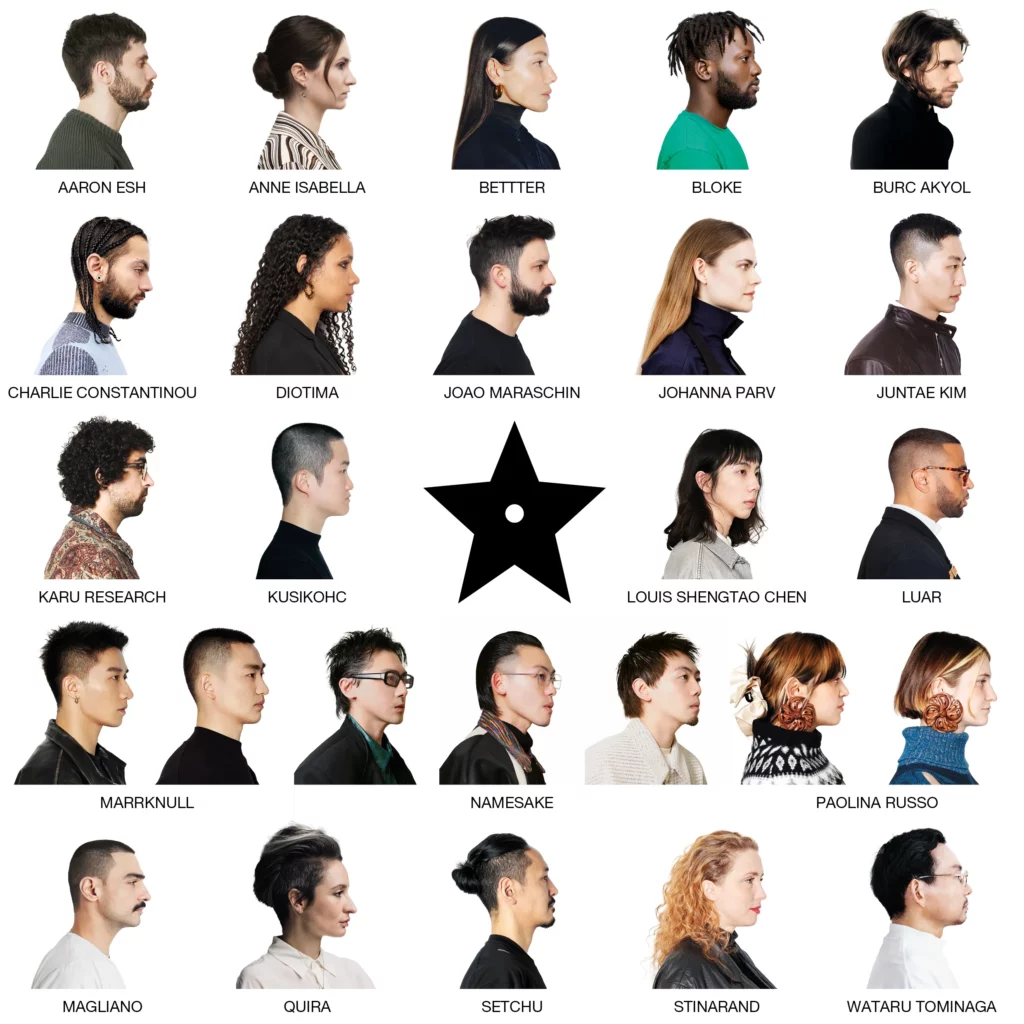
“We need to consume more responsibly and thoughtfully now, reconsidering our relationship with all of the things that we have around us.” – Julie Palipas, Bettter Founder
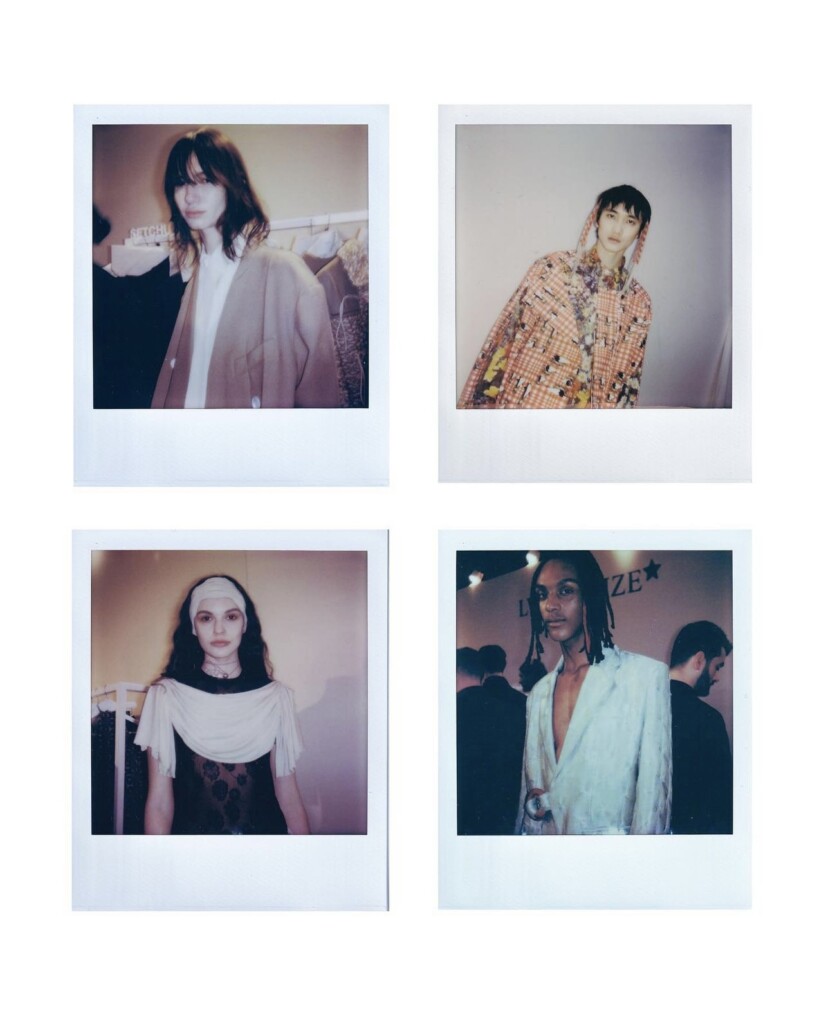
An honorable mention goes out to Stinarand and Diotima, brands from Sweden and New York that have made strides in creating sustainable designs. Stinarand, similarly to Bettter also focuses on the use of upcycled fabrics and finding new, creative materials to feature in designs. The brand is conceptual and features sculptural, eye-catching designs. Rachel Scott, the founder behind Diotima that is also making the prize’s first debut for a designer from Jamaica, works with artisans and crochet techniques from her homeland to honor her roots through her designs. The brand was founded in 2021 and is rooted in amplifying the communities of artisans that are integral to the brand’s identity. Coastal communities see the direct impact of the climate crisis and Rachel wanted her brand to support environmental conservation through the use of sustainable materials.
The LVMH Prize has a clear focus on sustainability, inclusion, and diversity, possibly signaling the future of luxury fashion. Many of this year’s finalists are using upcycled or recycled materials in their designs and feature genderless collections. Many of these emerging designers use their art form to pay homage to their countries of origin which is a large part of the identity of these brands. All of the finalists have a clear vision for how to revolutionize the fashion industry to embrace values that will propel the industry into a more thoughtful future.

01
Attire the Studio
Attire is a luxury fashion brand based out of Paris that focuses on radical transparency, excellent quality, and ethical sourcing. The brand mainly sells luxury staples that will stand the test of time, such as classic trench coats, minimalist knitwear, and everyday basics.
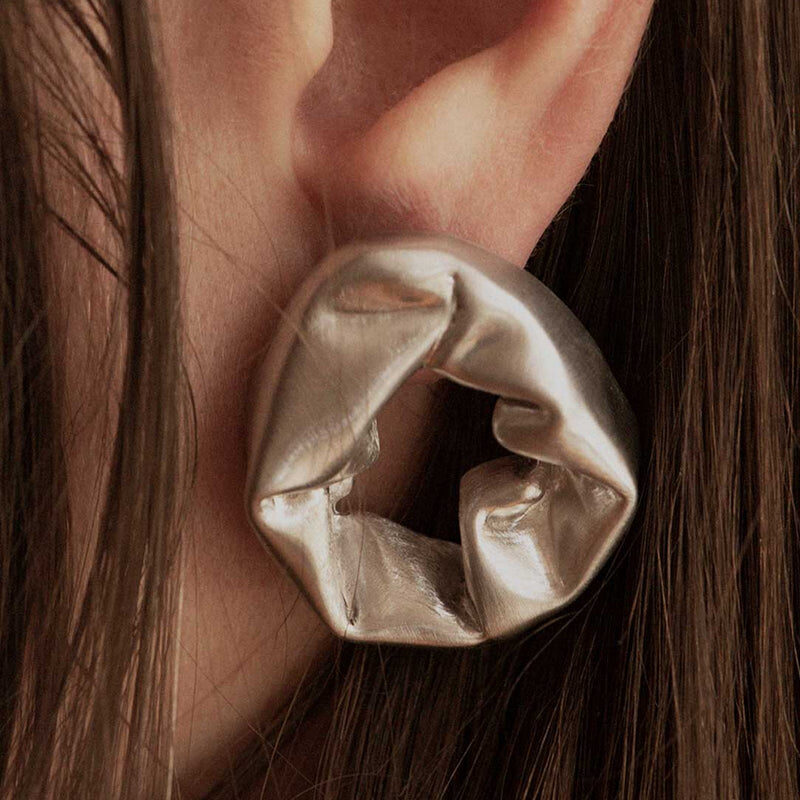
02
Completedworks
Completedworks creates designs that are meant to resemble pieces of art and stand the test of time, without succumbing to trend cycles. All of their jewelry is made from recycled or Fair Trade materials. The brand uses reclaimed, recycled, and ethically sourced materials such as marble, glass, bio-resin, and silver.
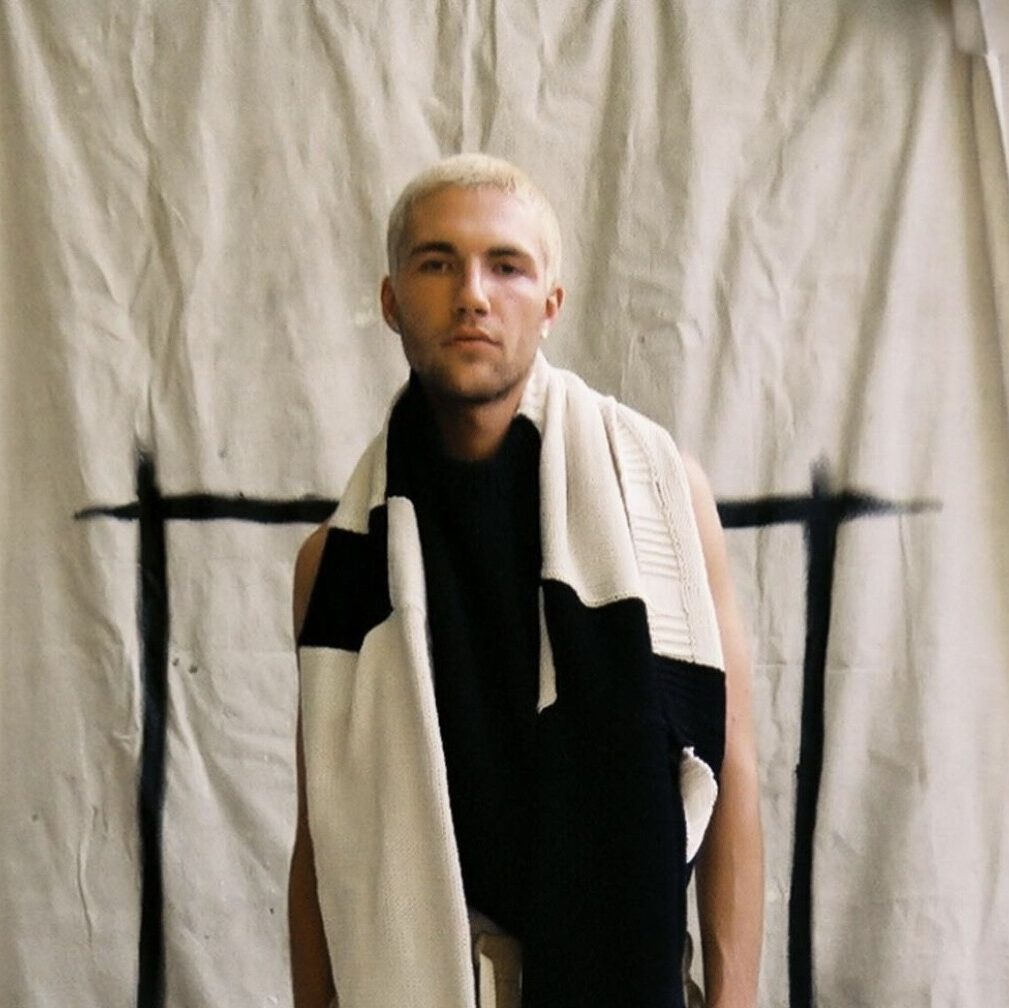
03
Suss Knits
The mother-daughter duo behind Suss Knits (pronounced sOOs) is committed to slow and small batch fashion and keeping their manufacturing process as low waste as possible. Intending to create a knitwear line focused on sustainability, ethical production practices, and inclusivity, Suss is creating knits to be enjoyed by everyone.

